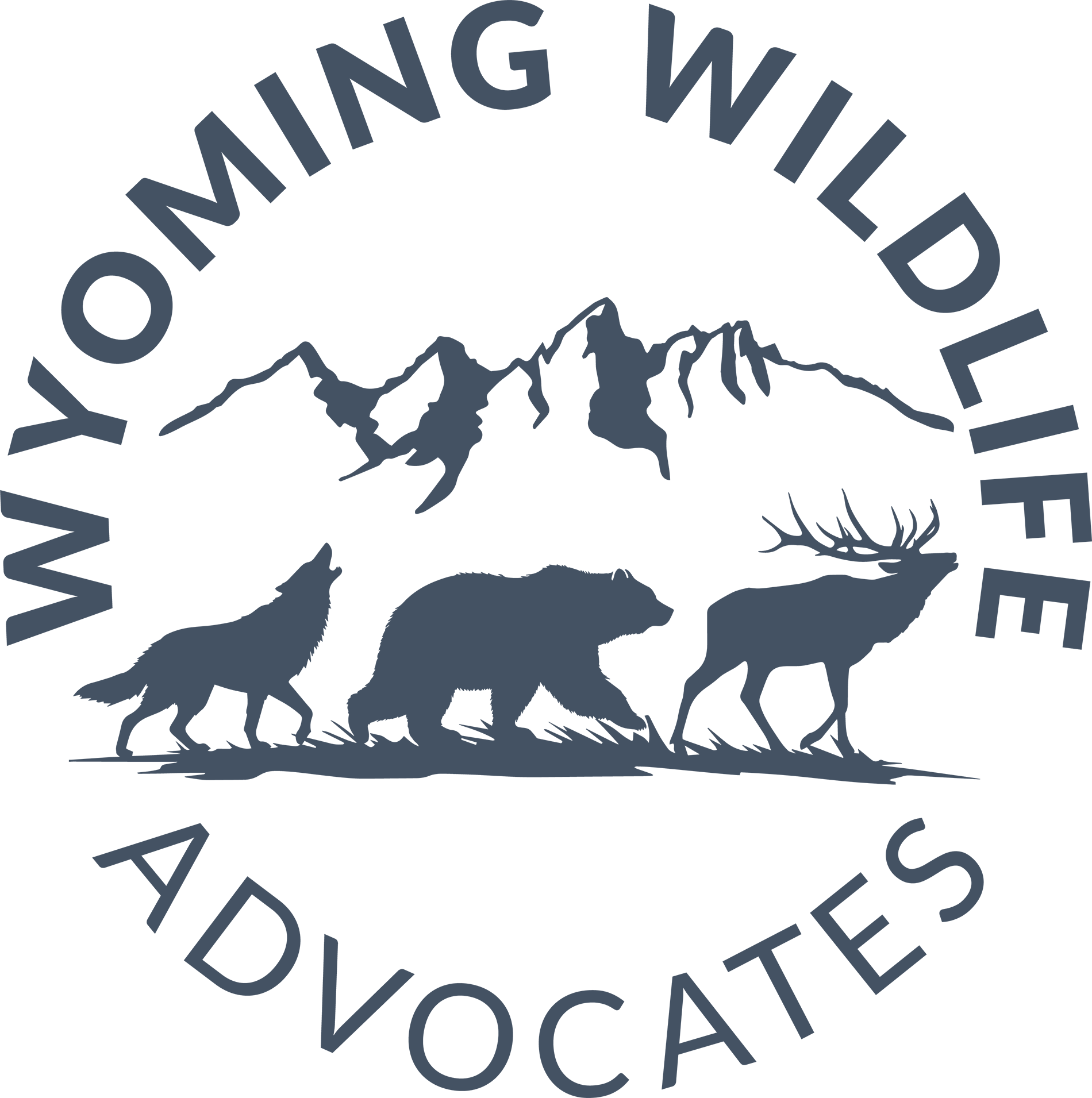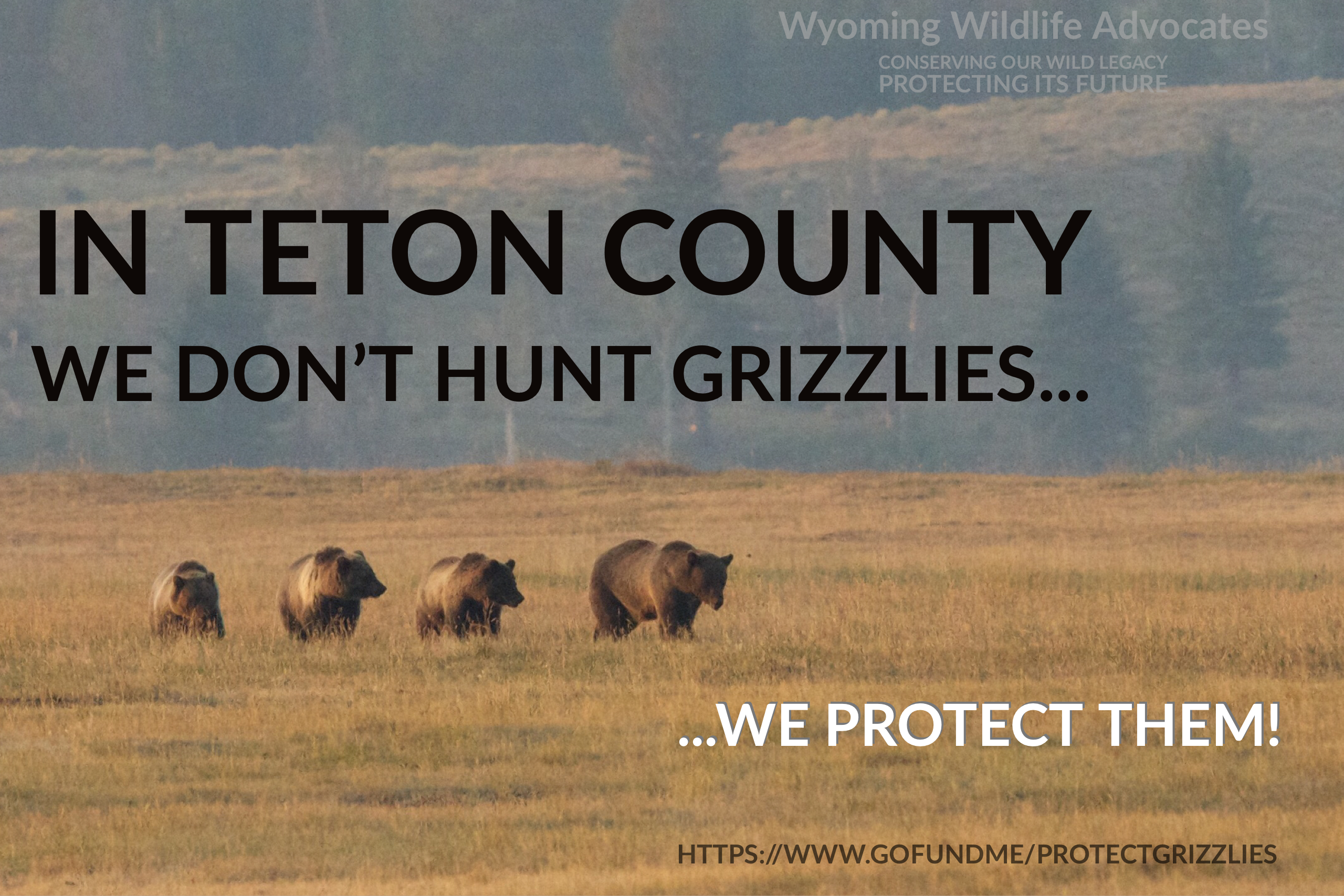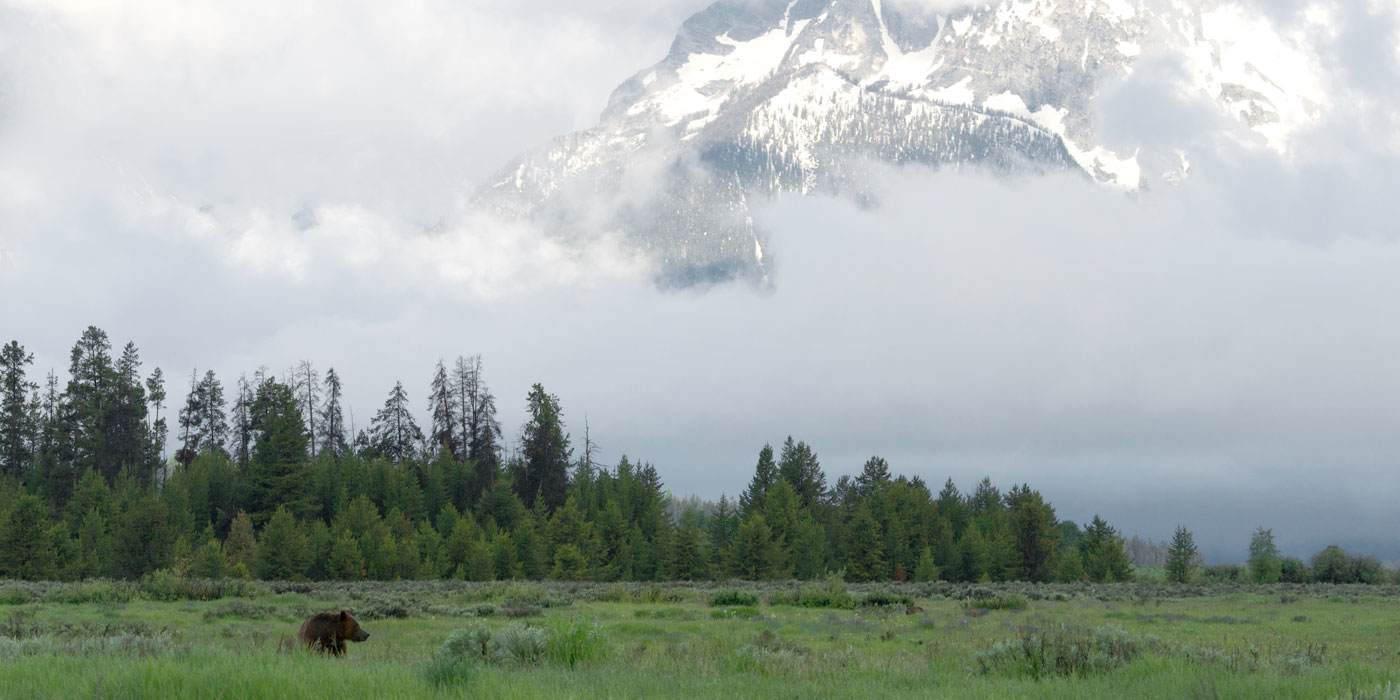Our AmeriCorps member this past fall was Faith Williams. Faith graduated with her masters degree in Wildlife Conservation and Management and had been traveling around the country working various wildlife related seasonal positions before landing in Jackson Hole. She was an incredible asset to WWA and helped out immensely with JH Bear Solutions both in the office and out in the field. We are thankful to Faith for her hard work and dedication to wildlife. Faith has stayed on as a contract employee with WWA and we are definitely glad to have her! Before she left Jackson for a wilderness therapy program in North Carolina, we had her reflect on her time spent helping the wildlife of the Greater Yellowstone Ecosystem. Read on to learn more about her experience and how she will take the knowledge she learned here and apply it in her future.
1. What drew you to the AmeriCorps program?
After completing AmeriCorps terms in the past, I realize the significance of service within a community as well as contributing to an organization bigger than myself.
2. What is it about the Greater Yellowstone Ecosystem that interests you? Why did you choose this place to serve?
The Greater Yellowstone Ecosystem is incredibly special. I feel beyond privileged to experience a place that is so ecologically intact, full of diversity, and abundance, despite how many people visit each year. The substantial wildlife and impressive terrain create a paradise for those interested in biology, ecology, and simply aesthetic appreciation.
3. What have you learned about wildlife issues in Wyoming so far that has surprised you?
Despite the large impact wildlife has on everyday life of Wyomingites, it seems protocols and regulations being passed to keep both animal and human communities safe is fairly new.
4. What knowledge will you take with you from this experience that will help you in your career and/or conservation efforts?
Experiencing the unique community of Jackson, WY as well as getting involved with non-profit organizations has led to a great deal of personal development. Much of my career so far has emphasized scientific processes and specific procedures. This experience has exposed me to incredible people, organizations striving for positive change, community efforts, social awareness regarding conservation issues.
5. What has been the most rewarding part of your service?
The most rewarding part of my service has been witnessing others get excited about and make personal connections to wildlife and the environment. I had the opportunity to facilitate educational and exploitative experiences that sparked individual curiosity, compassion, or even just appreciation of the natural world. By getting kids excited about the natural world, we are inspiring future leaders to make conservation of our environment a priority.
6. After learning about wildlife issues in Wyoming, what advice would you have for anyone who would like to get involved in educating themselves further?
A great way to go about educating yourself on a given issue is to get out in your community! There are plenty of learning opportunities such as summits, talks, public outreach events, and volunteer opportunities. This is the best way to meet people with direct experience and understand the role we play and what we can do to help these issues.
7. What hope do you have for the future for wildlife conservation? Do you think humanity will be able to turn things around before many more species face extinction?
I hope that the intrinsic value of wildlife becomes a regular consideration in management practices. I hope that the success of wildlife populations and ecosystems becomes a priority in our infrastructure. I believe humanity has the resources and abilities to turn things around for wild species. This may require a reframe in thought where humans consider themselves an integral part of wild ecosystems, rather than the environment being separate from us, or belonging to us. As Aldo Leopold once said “We abuse land because we regard it as a commodity belonging to us. When we see land as a community to which we belong, we may begin to use it with love and respect.”
8. Do you think there is hope that Wyoming will find a balance for grizzlies or do you think we are in for a few more decades of conflict?
I think Wyoming is headed in the right direction. In my experience here, I was able to engage with the public, especially younger age groups about Grizzlies in Wyoming. Most people, even the children, were very aware of the significant role Grizzlies play in the Greater Yellowstone Ecosystem as well as our dire need to coexist with them. I believe this awareness is the beginning of positive change!
9. What advice would you have for wildlife managers or students who are studying wildlife management currently?
I think it is important to consider that while Wildlife Management is very much a passion career for those who love animals, we must emphasize human connection to wildlife and adequate scientific communication. As managers, we should recognize the value ecosystems hold aside from being a resource or commodity. Understanding wildlife science is important, but learning how to convey that science in an intriguing and meaningful way is equally as important.






